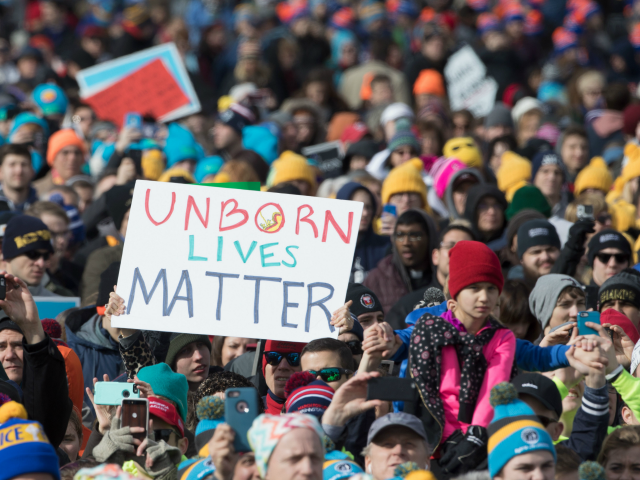A recent article in the Times-Standard out of Humboldt County, California, took aim at pro-lifers, alleging that they oppose abortion because they think “human sexuality is something to be ashamed of.”
This bizarre opinion piece was written by Rev. Bryan Jessup of Humboldt Unitarian Universalist Fellowship Church in Bayside, California, and trotted out tired, pro-choice rhetoric that Christians wish to “impose” anti-abortion morality based on religion.
“Regarding the 40- day protest in Eureka,” the reverend wrote, “people need to know that not all religions believe that human sexuality is something to be ashamed of. They need to know that some ways of faith regard sexuality as a blessing to be carefully enjoyed between people — even if they aren’t married or heterosexual.”
Jessup went on to assert that freedom of religion means that “people whose faith allows them more freedom around their sexuality are also free to do as they see fit” because the United States is a secular nation.
Those whose faith calls them to abstain from birth control and abortion “are free to do so,” he generously adds.
In other words, by the reverend’s curious logic, religious freedom guarantees the right to abort babies. Or put another way, religious freedom means freedom from Christian morality regarding the right to life.
By this same logic, one would suppose that if a person’s (lack of) faith allowed stealing a car, society should permit him to do so rather than enforcing the biblical prohibition against theft. But this is not the case.
The fact is, biblical morality and criminal law often coincide, without the need to suggest they are the same thing.
Nobody would dream of blaming Christianity for limiting someone’s freedom to steal a car. It would be ludicrous to say to the car’s owner, “Don’t impose your religion on me.” So why invoke this argument to defend abortion?
Similarly, many people deny the Christian belief that people have intrinsic dignity, but that does not mean they are entitled to act on that belief by killing another. Human lives are still protected by the law, despite people’s personal beliefs.
The U.S. Supreme Court and lower courts have made this distinction in various religious freedom cases.
In Reynolds v. United States, 98 U.S.145 (1878), the U.S. Supreme Court ruled, “Suppose one believed that human sacrifices were a necessary part of religious worship. Would it be seriously contended that the civil government under which he lived could not prevent a sacrifice?”
Moreover, courts in Alabama and Tennessee outlawed church ceremonies involving the handling of poisonous snakes because, despite the freedom of belief, those snakes endangered the lives and health of the believers.
The underlying problem is that the protection of human life, which should extend to everybody, no longer does. Abortion is legal. And this fact has blinded many to the wrongness of it.
Being anti-abortion is not about imposing one religion over another. It has nothing to do with sexual morality. It is about protecting basic human rights and making sure that that protection extends to everyone, even the unborn.
Whether a baby lives or dies should not depend on whether everyone in society agrees with religious teaching regarding the sanctity of human life.
The state must protect human life because it is a matter of justice, not just a matter of faith.
Fr. Frank Pavone is the National Director of Priests for Life.

COMMENTS
Please let us know if you're having issues with commenting.